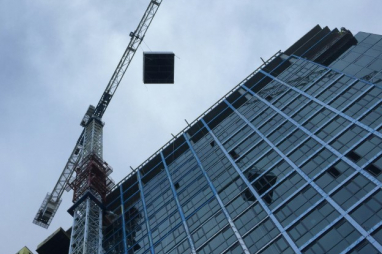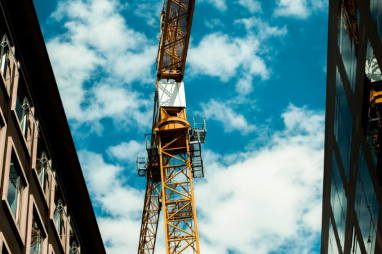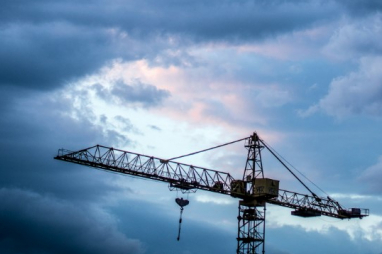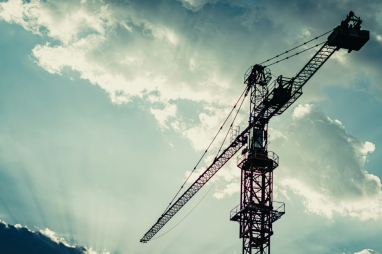- AIR Polaire JORDAN8 “Aqua” DZ3356 - Кросівки jordan delta mid dc2130 006 , 001 - 127-0Shops
- nike running shoes sell for sale on walmart card - 200 - order nike shox online sale shoes for women FV2923
- SlocogShops , Kanye West Calls The adidas Yeezy Boost 350 V2 "Steel Grey" a "Fake" Colorway , adidas mock neck pullover sweater free pattern
- 200 Release Date - nike gold air chukka moc high school - SBD - nike gold air yeezy glow in the dark sneakers boys Rattan Obsidian CZ4149
- michael jordan outlet store
- air jordan 1 mid chicago 2020 554724 173
- air jordan spring 2021 retro collection release date info
- air force 1 shadow
- air jordan 1 retro high og university blue 555088 134
- nike air force 1 low white gold dc2181 100 release date info
- Home
- News and analysis
- Info hubs
- Events
- Video
- Case Studies
- About us
- Magazine
- Advertising
Produced for the industry by the Association for Consultancy and Engineering
News
Residential takes the reins as contract awards even out, says Barbour ABI

Construction contract awards remained stable in March following a quarter which had showed a significant increase since the beginning of the year, says latest data from Barbour ABI.
The value of new contracts was 3% down in February and 1% down on the previous year but remained significantly above the last quarter of 2023, according to the analysis.
Notably, residential contracts were up 60% in February, returning to heights seen in January and were up 62% over the first quarter of the year.
Meanwhile, infrastructure fell back to more normal levels following a stellar February but remained 38% up on the same month last year.
A new student accommodation facility on Medlock Steet, Manchester will cost £200m, whilst a new National Grid convertor station at Eastern Green will be built at a cost of £700m.
A new prison at HMP Gartree was also awarded at a cost of £300m. Wates will carry out the work which will commence July this year.
Barbour ABI head of business and client analytics, Ed Griffiths, said: “When looking across the first quarter of 2024 it has become clear that both the infrastructure and residential sectors have had strong starts to the year as businesses attempt to get projects off the ground, which is a positive signal the construction sector is attempting to emerge from the doldrums of last year.
“Interestingly in March, we saw residential and infrastructure swapping positions in terms of leading overall contract awards value with £2.4bn and £2bn respectively. Together they are pushing the industry awards upwards.”
Elsewhere healthcare projects were subdued in March following two strong months and economic conditions continue to stagnate the hotel and leisure sector.
Planning applications improved in February after a weak start to the year in January but activity levels in most sectors remain low, highlighting that nervousness remains in the sector to commit to future projects ahead of potential rates cuts and upcoming elections.
Infrastructure has increased 33% since last month and remains strong against its long-term average.
However, it has not returned to the highs of the end of last year. Residential applications fell once again from £3.1bn in January to £2.9bn in February.
Griffiths added: “The enduring story of 2024 so far has been the contradiction between a rise in contracts awarded, sometimes even for projects which have not yet been fully approved, and the continued lack of confidence shown in both in new applications and approvals - which have been contracting since last November.
“The industry stands at a crossroads where financial and political decisions made at a national level could tip the balance in either direction.”





